Being a member of the LGBTQ+ community can have its challenges, but being both LGBTQ+ and African adds a layer of complexity. In numerous African nations, individuals who identify as LGBTQ+ encounter significant social, cultural, and legal obstacles. To foster equality and acceptance, it is important to understand and address the unique challenges that LGBTQ+ Africans face.
Individuals who identify as LGBTQ+ in Africa frequently encounter deeply rooted cultural and social stigma. Homosexuality is still considered a taboo in many communities, leading to discrimination, rejection, and ostracization. Having the fear of being disowned or marginalized by family and friends can cause immense psychological and emotional distress, forcing people to hide their true selves.
I have had certain friends and family members cut ties with me because of my sexuality. What I would say is that those individuals were never my true friends and family. As LGBTQ+ people, we must understand that we do not have to force family and friends to love us. We can create our own families by surrounding ourselves with a great support system and with people who care about us.
There exists a significant number of individuals in Africa who persist in their belief that homosexuality is unafrican and ungodly.
Homosexuality is natural and nothing new. It’s African.
I have witnessed certain relationships in some African tribes where women marry other women to bear children for them. These relationships may be platonic, yet they remain a queer relationship.
Africans need to do better and begin to unlearn some colonizers’ indoctrination.
Legal Restrictions And Criminalization Are A Concern:
Several African countries have laws that criminalize same-sex relationships, which has led to the persecution and harassment of LGBTQ+ individuals. They not only violate personal freedoms, but also perpetuate a culture of fear and secrecy. Africans who identify as LGBTQ+ face legal and discriminatory consequences, which makes it hard for them to live their lives fully and authentically. In countries like Nigeria, Ghana, and Uganda, you can be jailed for being gay, people can be blackmailed, and you can be maimed or killed because of who you are. For instance, in Nigeria, there exists a phenomenon known as “Kito” where individuals are kidnapped for ransom, subjected to physical and verbal abuse, and even executed if the ransom is not paid.
Many people who identify as LGBTQ+ are repressed and forced to live a life full of lies because of the demands of the society they live in.
It is a deeply unfair situation, yet we shall never be silenced. We will keep fighting for fairness and fair treatment.
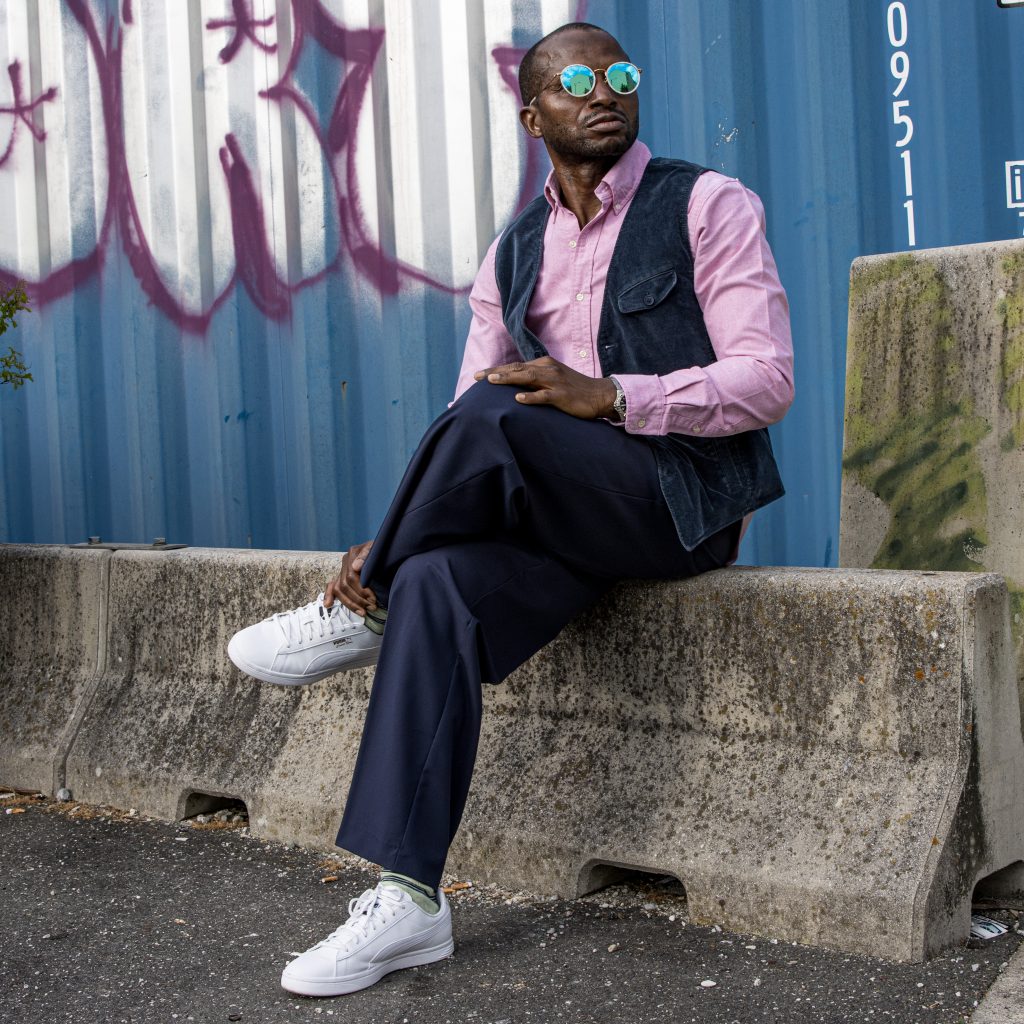
The Absence Of Legal Protection And Rights:
Africans who identify as LGBTQ+ face a lack of legal protections and recognition of their rights. Discrimination in various fields, including employment, housing, and healthcare, is prevalent, rendering individuals vulnerable and marginalized. Furthermore, the absence of legal frameworks to tackle hate crimes and discrimination perpetuates a vicious circle of injustice.
In most African countries, hate crimes relating to LGBTQ+ individuals are not reported because of lack of protection. The sad thing is that some family members will make the authority aware of your sexuality to put you in danger. If you happen to be attacked, there are no legal rights or protection for you. Nigeria, Ghana, and Uganda are the prime examples. Most African countries make it even more difficult for LGBTQ+ individuals to lead a peaceful, authentic life.
The Access To Support And Resources Is Limited:
The absence of support networks and resources specifically designed for LGBTQ+ individuals can lead to isolation for African individuals. There are few safe spaces available for LGBTQ+ Africans to connect, find support, and access vital information and services. The insufficient availability of assistance further hinders the ability to address mental health concerns and effectively navigate the obstacles of expressing oneself or living openly.
Mental health is a major factor, and I have a few friends who are not out and carry an immense pressure of not having the right support and resources to be able to deal with the situation they find themselves in. The pressure exerted by their family to get married and lead an unauthentic lifestyle. When you are constantly trying to suppress who you are, this can be a lot.
I can say that I was pressured to be who I wasn’t, to get married, and keep it a secret. Naturally, I refused. It is important for us as LGBTQ+ people to be happy with who we are. However, this can be very difficult to achieve when you do not have the right support needed.
Health Disparities Are Evident:
LGBTQ+ Africans often have a hard time getting health care because of a combination of factors, such as limited access to inclusive healthcare services and cultural stigma. The lack of appropriate sexual health education and HIV prevention efforts contributes to higher rates of HIV/AIDS within the community. Moreover, the mental health concerns arising from societal pressures and discrimination are frequently overlooked, thereby exacerbating the well-being challenges confronted by LGBTQ+ Africans.
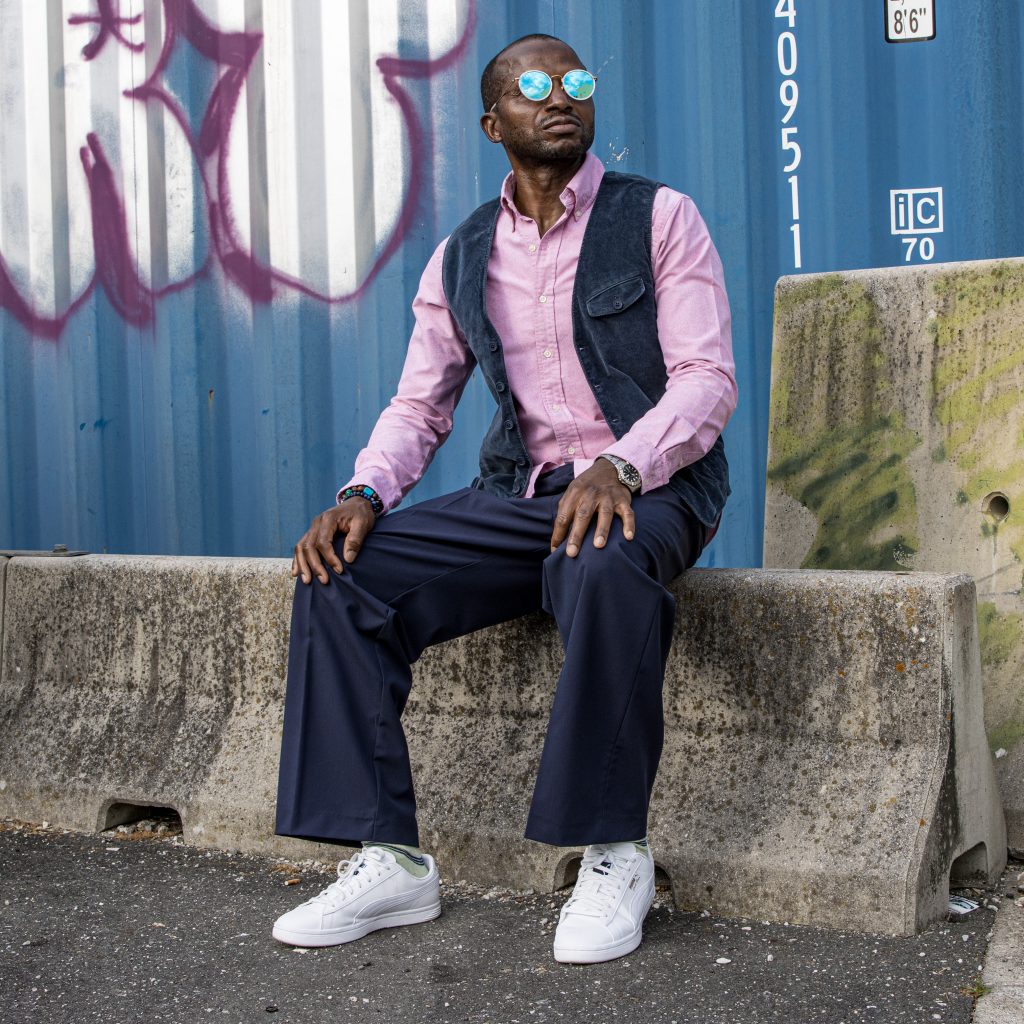
Conclusion:
The challenges faced by LGBTQ+ individuals in Africa are numerous and require a collective effort to address. It is essential to promote education, dialogue, and cultural change to promote acceptance and understanding within African societies. The advocacy for legal reform, human rights, and inclusive policies is imperative in ensuring equal opportunities and protections for all. The creation of safe spaces, supportive networks, and accessible resources can help LGBTQ+ Africans navigate their identities and combat isolation.
By working towards removing societal stigma, promoting inclusive policies, and embracing diversity, we can strive for a future where being an LGBTQ+ person and African is met with acceptance, respect, and equal rights for all. Through unity, compassion, and advocacy, we can foster a society that values and celebrates the unique identities of all its citizens.
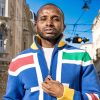
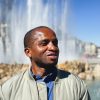


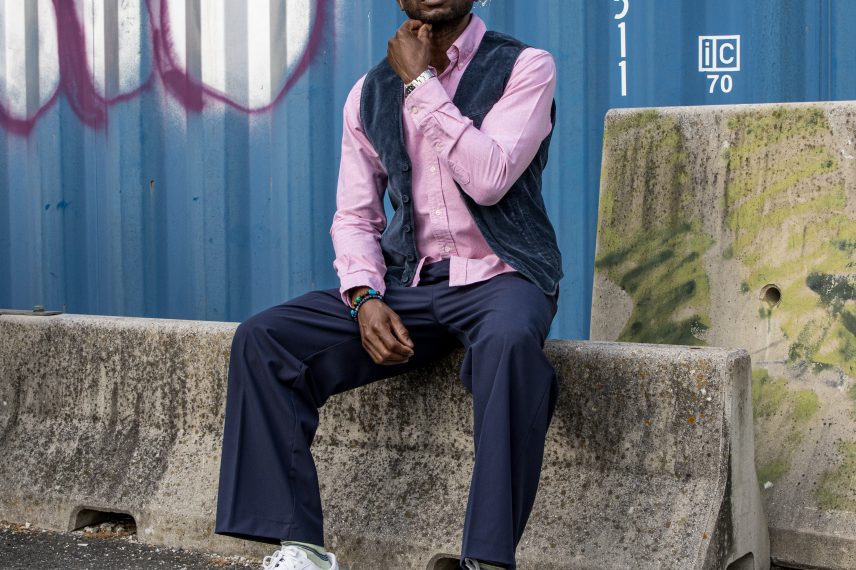
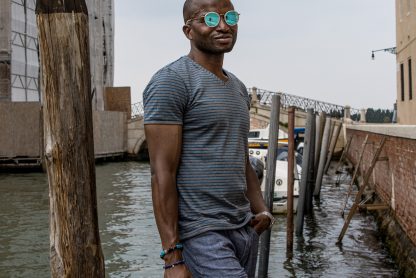
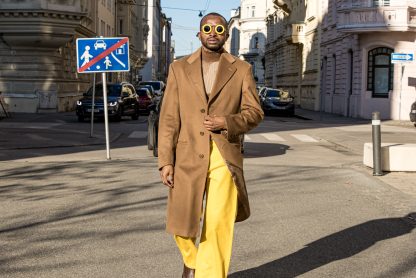
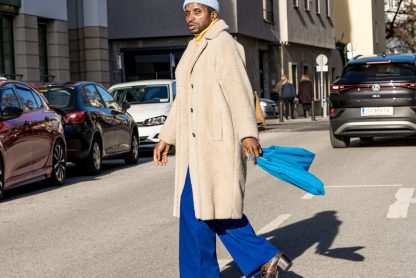
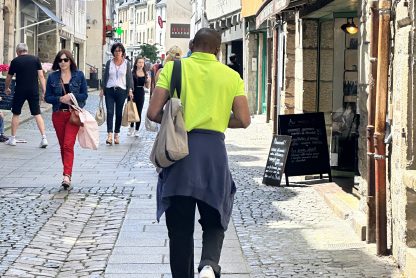
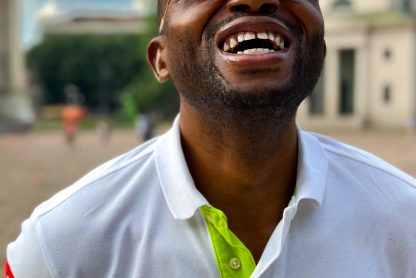
Appreciate you sharing, great post.Thanks Again. Fantastic.
Thank you
Wow, that’s what I was seeking for, what a material! existing here at this web site, thanks admin of this web page.
Cheers